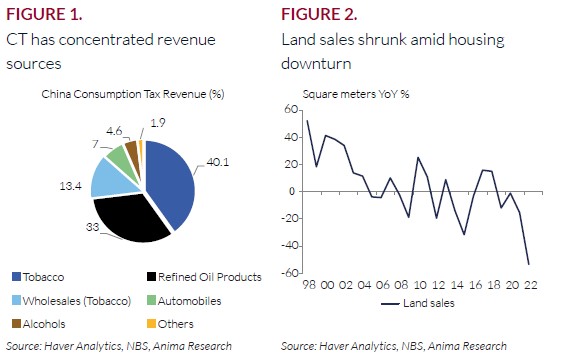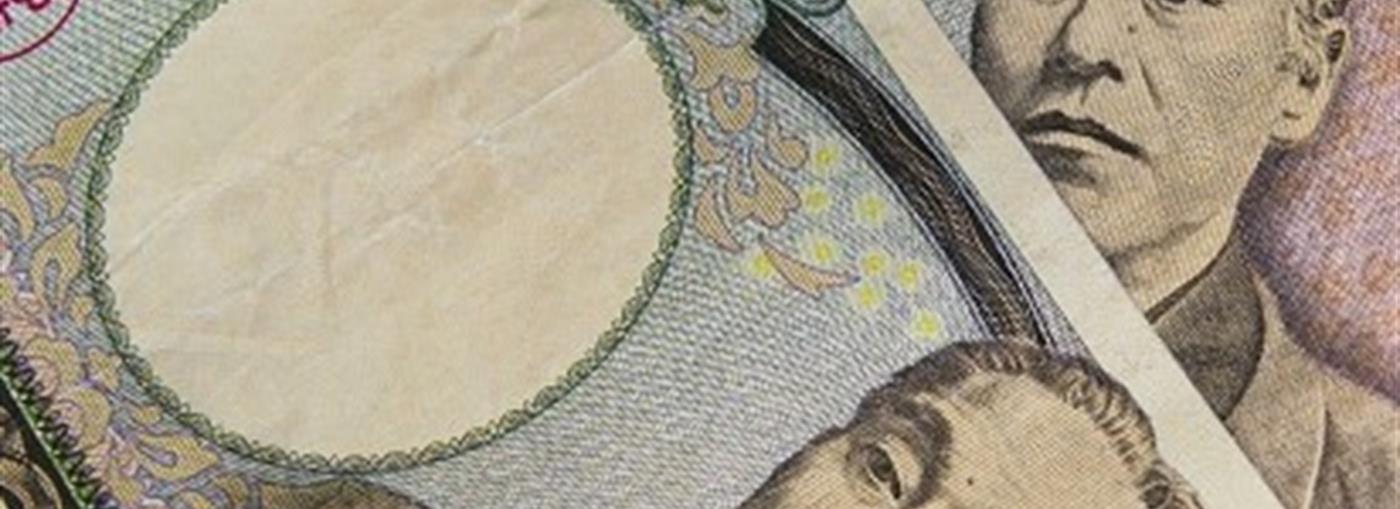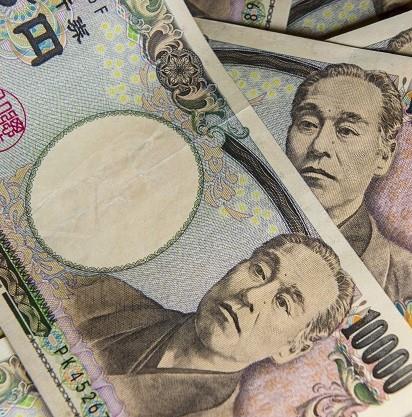The 3rd Plenum of the Central Committee, lastly held in 2018, used to mark pivotal policy changes in China’s strategic priorities over the medium term, with possibly far-reaching consequences on the country’s macro backdrop.
The Central Committee of the CCP is the highest Chinese executive organ, which convenes at least once year in a plenary session, for a total of seven plenums to be held over the five-year term of each Central Committee. In April, the Politbu- ro decided to postpone the 3rd Plenum of the 20th Central Committee (TPoCC) to July. Meanwhile, market expectations grew up, especially considering the econo- mic setback China experienced in recent years.
In fact, third plenums could mark pivotal policy changes in China. In 1978, the TPoCC initiated the “reform and opening-up” transformation; in 1993 the TPoCC solidified the push towards market economy by shuttering SOEs; in 2013, dozens of market-oriented reform measures have been laid out on transforming govern- ment roles, rural and urban development and housing policies. The last 3rd Plenum occurred in 2018.
So, what to expect from the 2024 TPoCC? In our view, the focus will be on these
issues:
- Fiscal reform: authorities should decide to increase revenues through higher consumption tax. As early as in 2019, the State Council proposed some key adjust- ments to the collection of consumption tax, which did not follow through amid the Covid insurgence. Later on, CEWC last year called for a new round of fiscal and tax reforms, and this year’s fiscal budget explicitly mentioned a plan of consumption tax reform. Thus, in our view, the fiscal reform would take centerstage in the incoming 3rd Plenum. Currently, China only applies consumption tax on just 15 products (tobacco, al- cohol, refined oil, cars, batteries and luxury goods such as jewelry, watches and yachts, Figure 1) and revenues go 100% to central government. Meanwhile, falling land sales (Figure 2) increased concern over time on local government debt risk, as local governments finance their spending mainly through land sales.

Valerio Ceoloni
Senior EM/FX Strategist
Investment Research
Download full document
Marketing material for professional clients or qualified investors only.
This material does not constitute an advice, an offer to sell, a solicitation of an offer to buy, or a recommendation to buy, sell, or hold any investment or security or to engage in any investment strategy or transaction. ANIMA can in no way be held responsible for any decision or investment made based on information contained in this document. The data and information contained in this document are deemed reliable, but ANIMA assumes no liability for their accuracy and completeness.
ANIMA accepts no liability whatsoever, whether direct or indirect, that may arise from the use of information contained in this material in violation of this disclaimer and the relevant provisions of the Supervisory Authorities.
This is a marketing communication. Please refer to the Prospectus, the KID, the Application Form and the Governing Rules (“Regolamento di Gestione”) before making any final investment decisions. These documents, which also describe the investor rights, can be obtained at any time free of charge on ANIMA website (www.animasgr.it). Hard copies of these documents can also be obtained from ANIMA upon request. The KIDs are available in the local official language of the country of distribution. The Prospectus is available in Italian/English. Past performances are not an indicator of future returns. The distribution of the product is subject to the assessment of suitability or adequacy required by current regulations. ANIMA reserves the right to amend the provided information at any time. The value of the investment and the resulting return may increase or decrease and, upon redemption, the investor may receive an amount lower than the one originally invested.
In case of collective investment undertakings distributed cross-border, ANIMA is entitled to terminate the provisions set for their marketing pursuant to Article 93 Bis of Directive 2009/65/EC.





